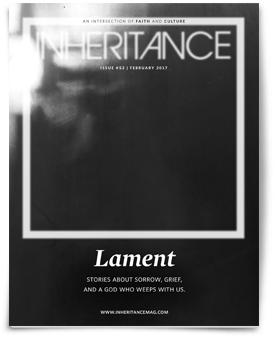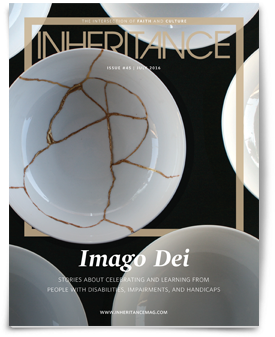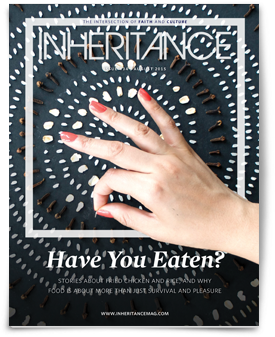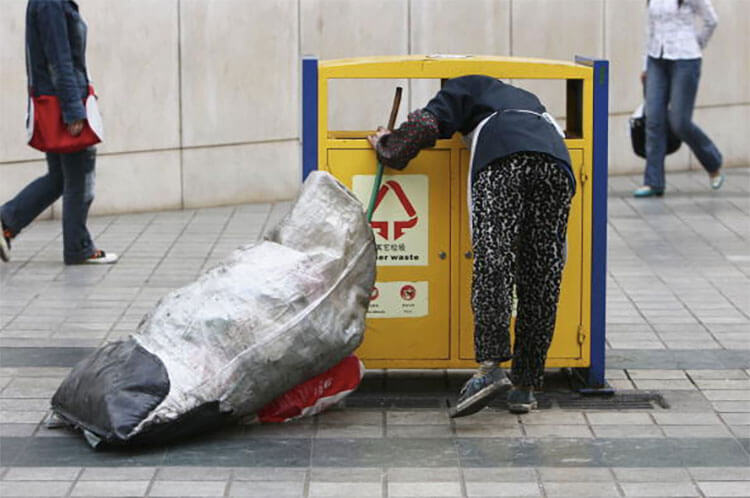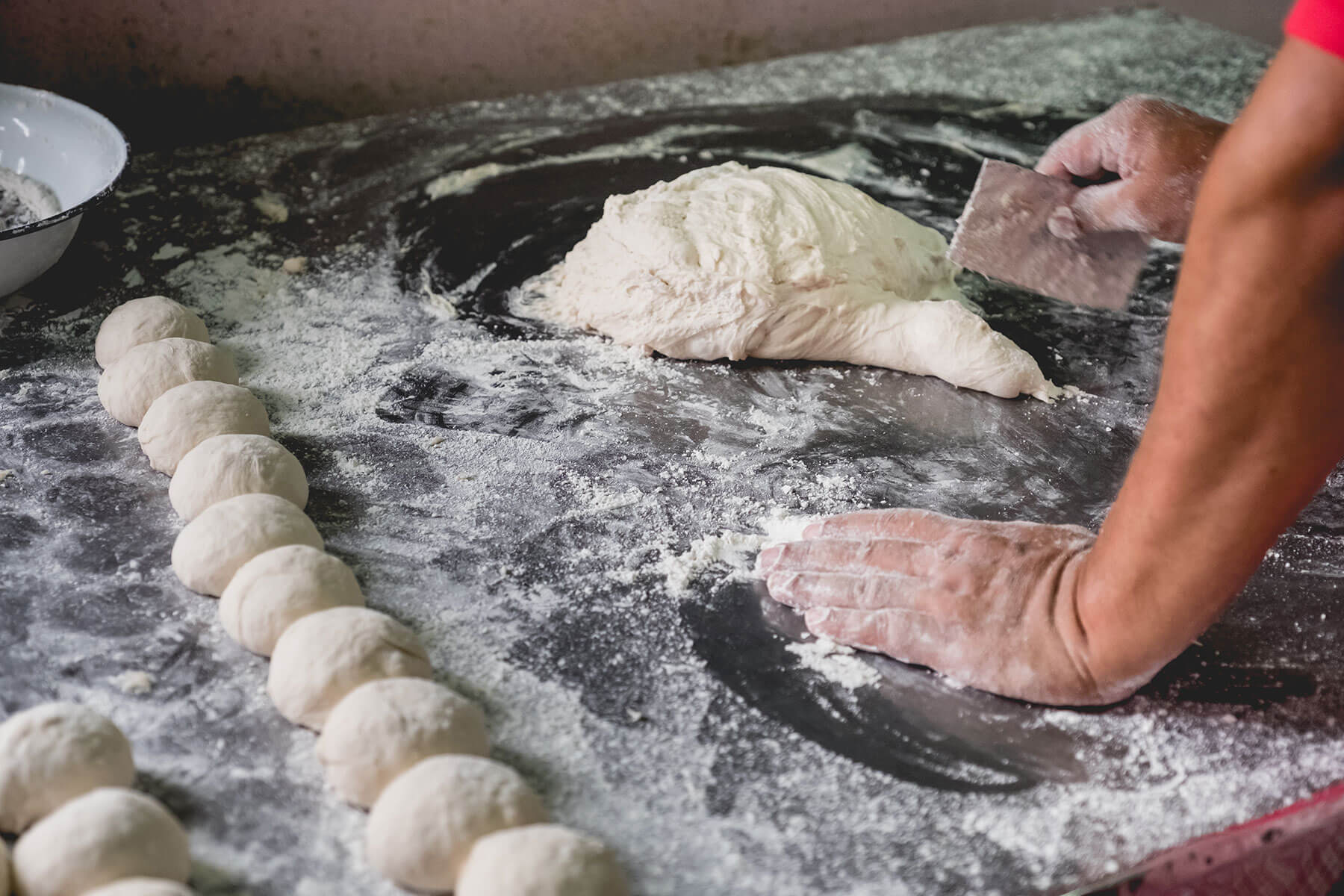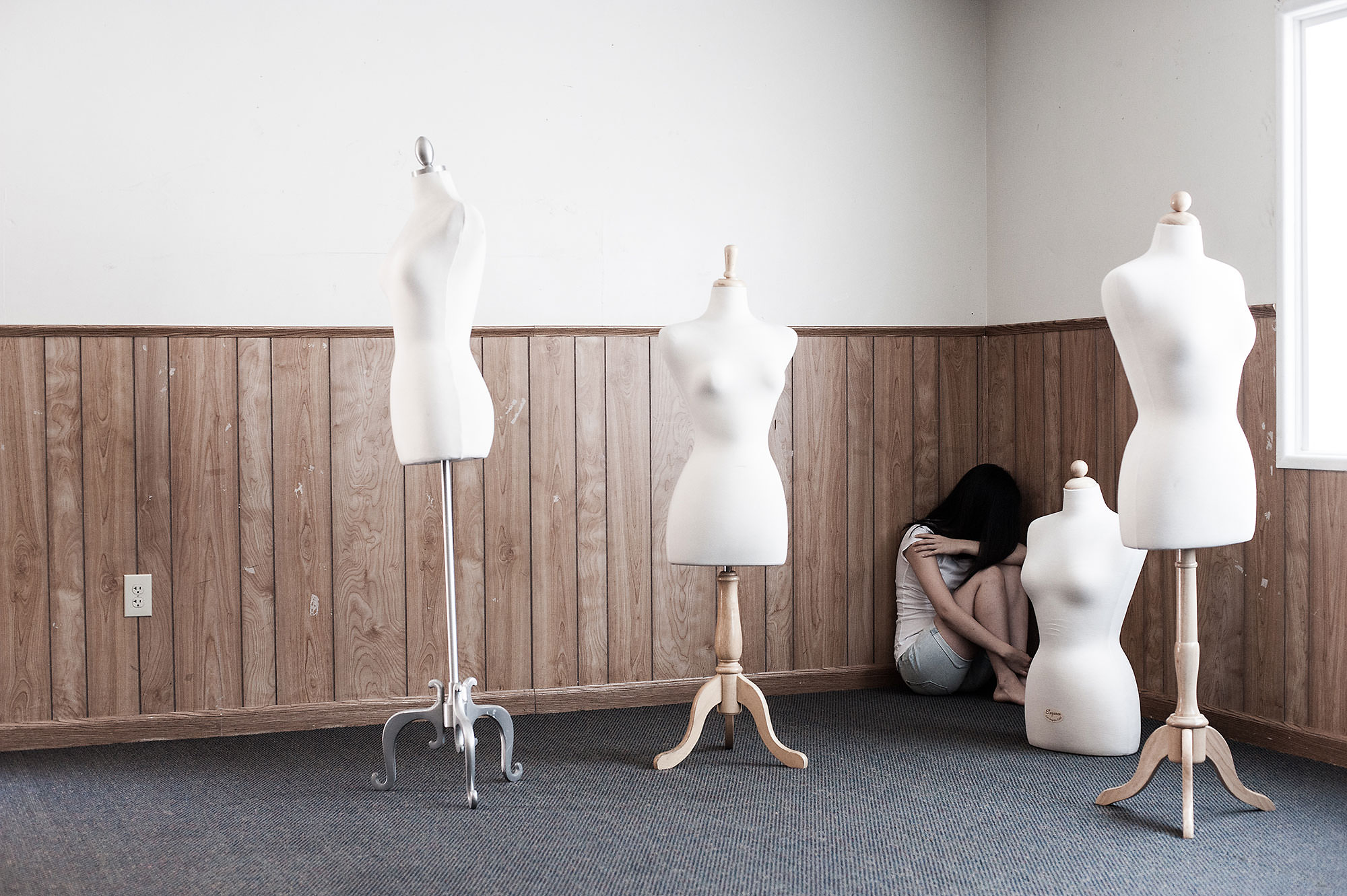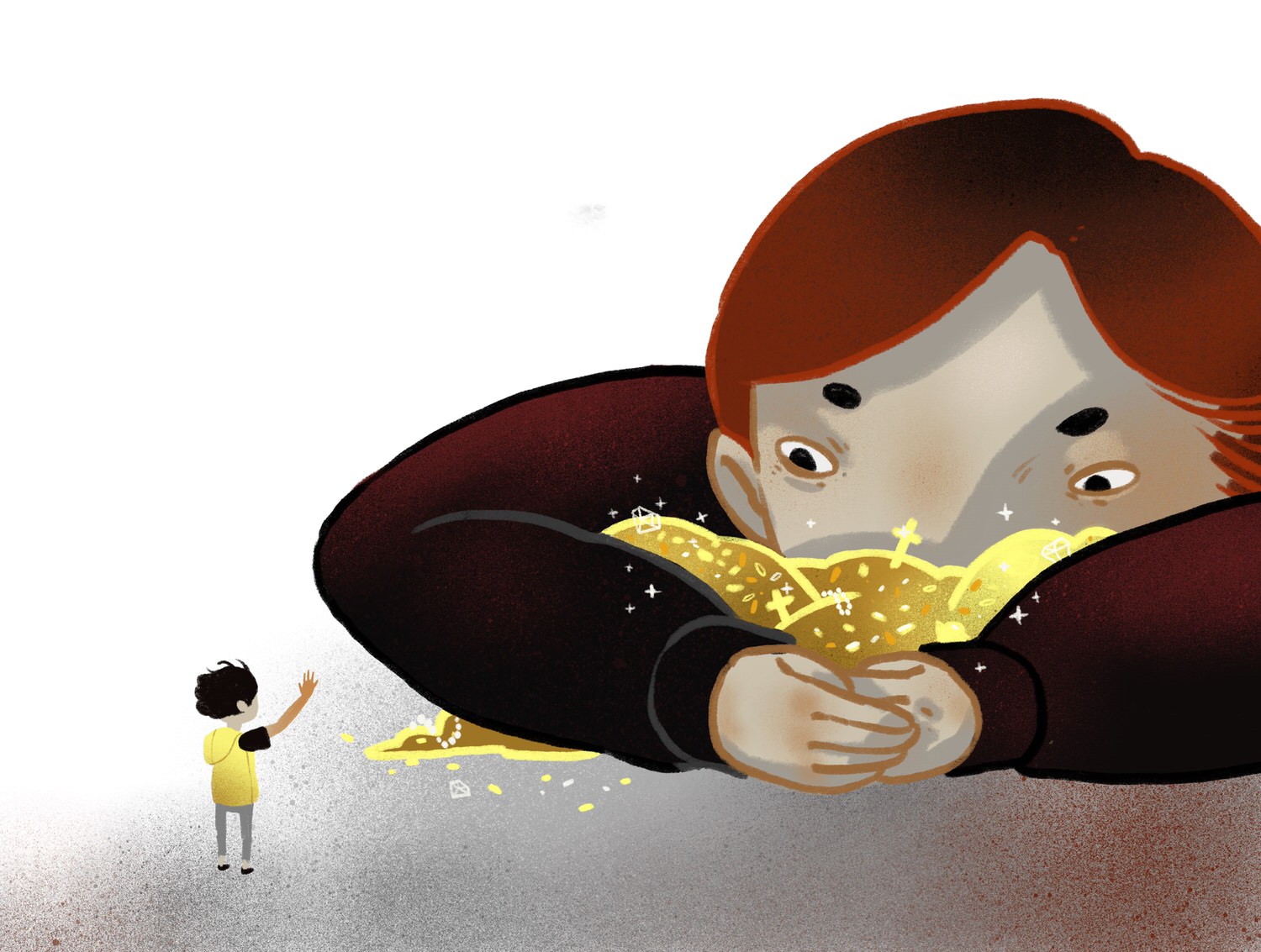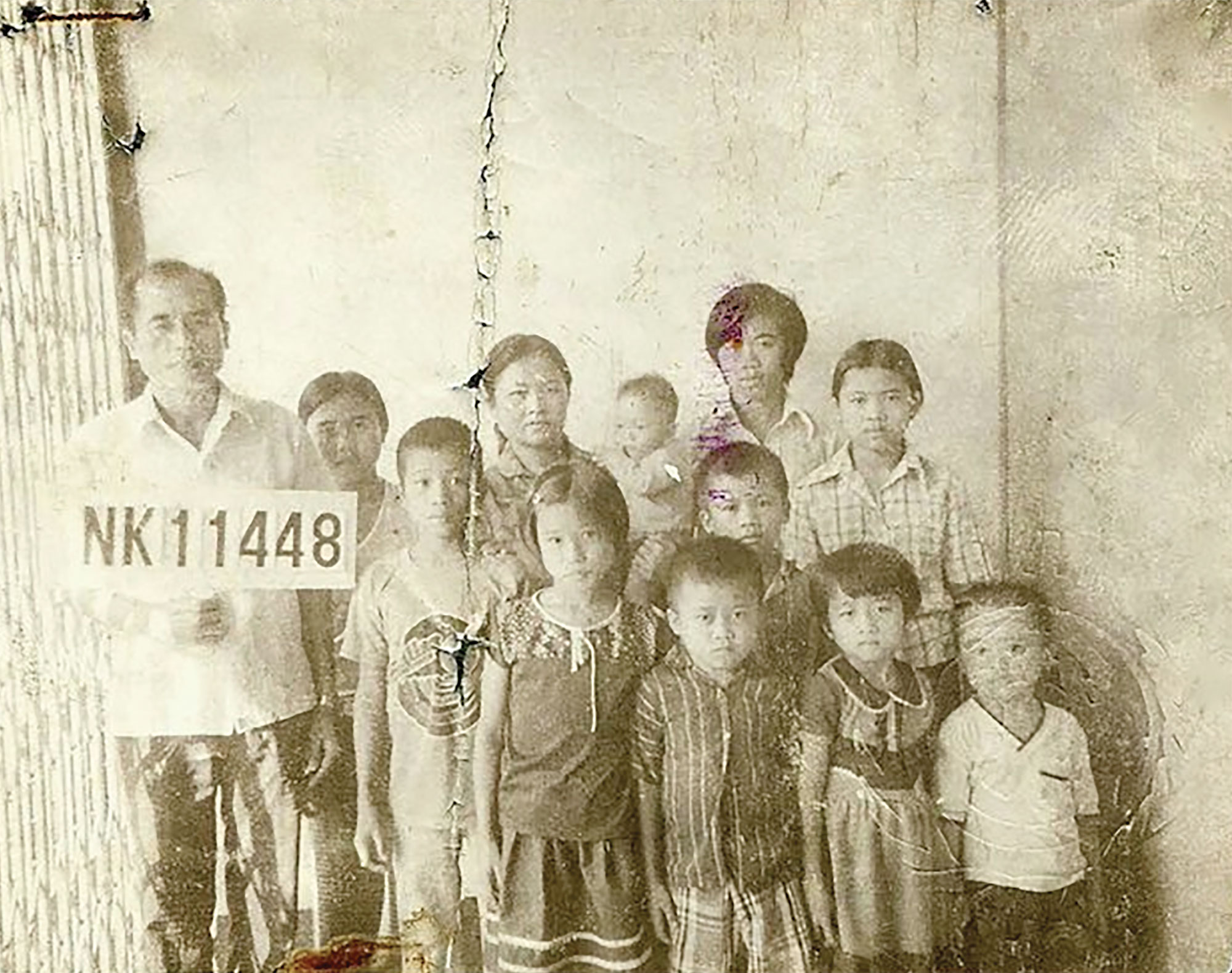Archive
Over the last 15 years, Inheritance has gathered an archive of stories that offer a glimpse into how our communities have wrestled with faith and identity - its complexities, contradictions, and conversations. As we trace new paths with the stories we tell, the Archive serves as a living record of a faith continually reimagined in community and context.
Issues
Stories
Series
